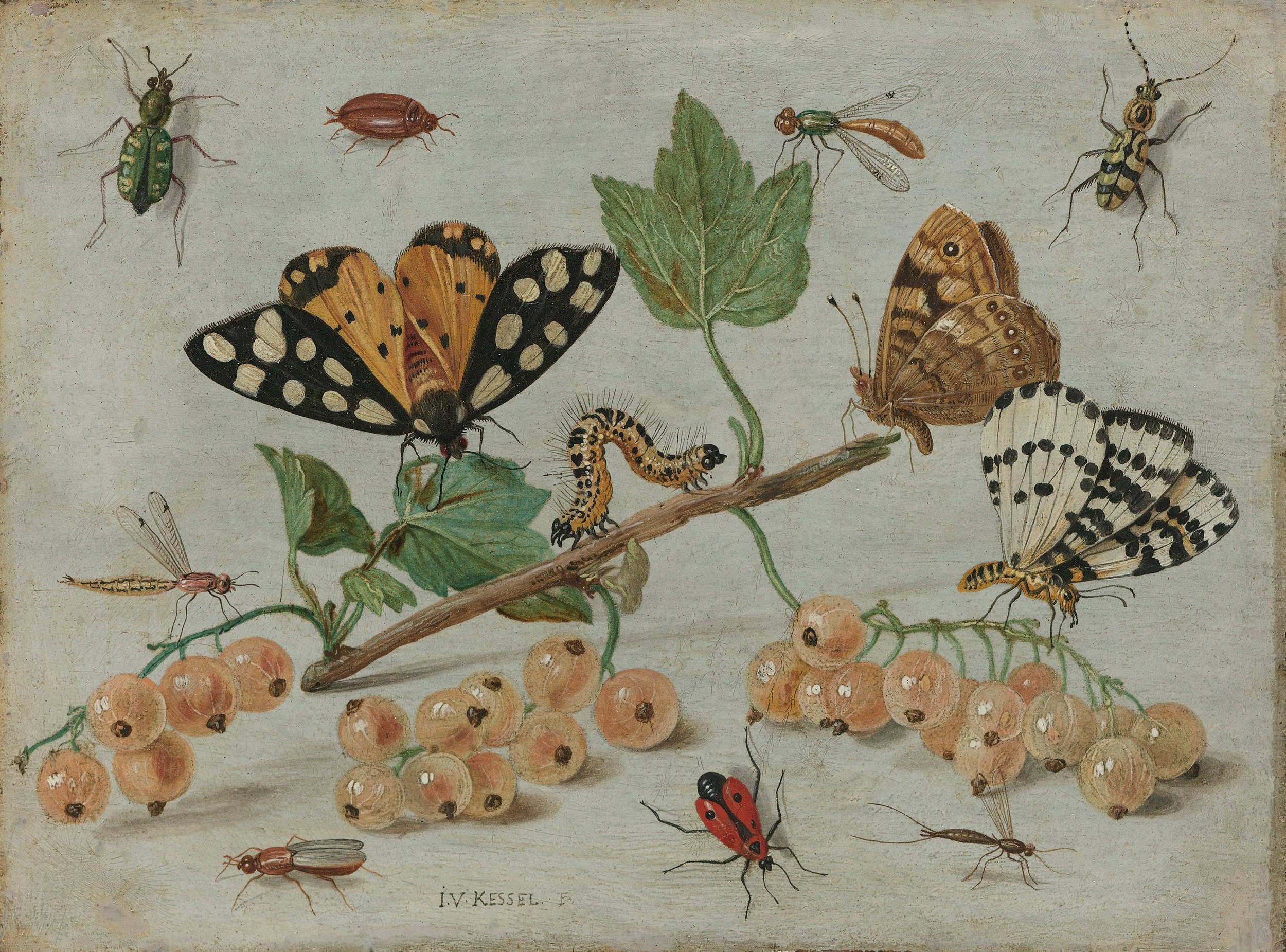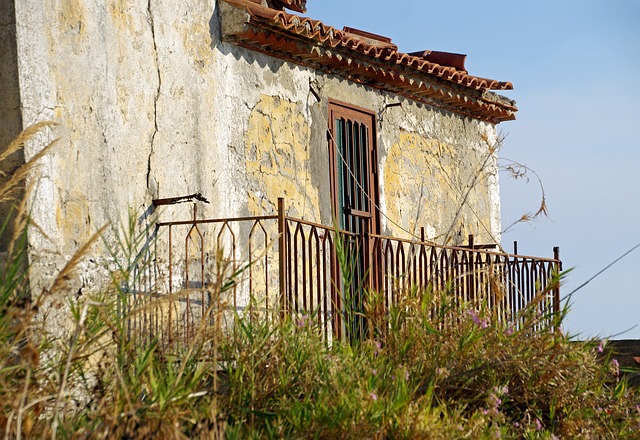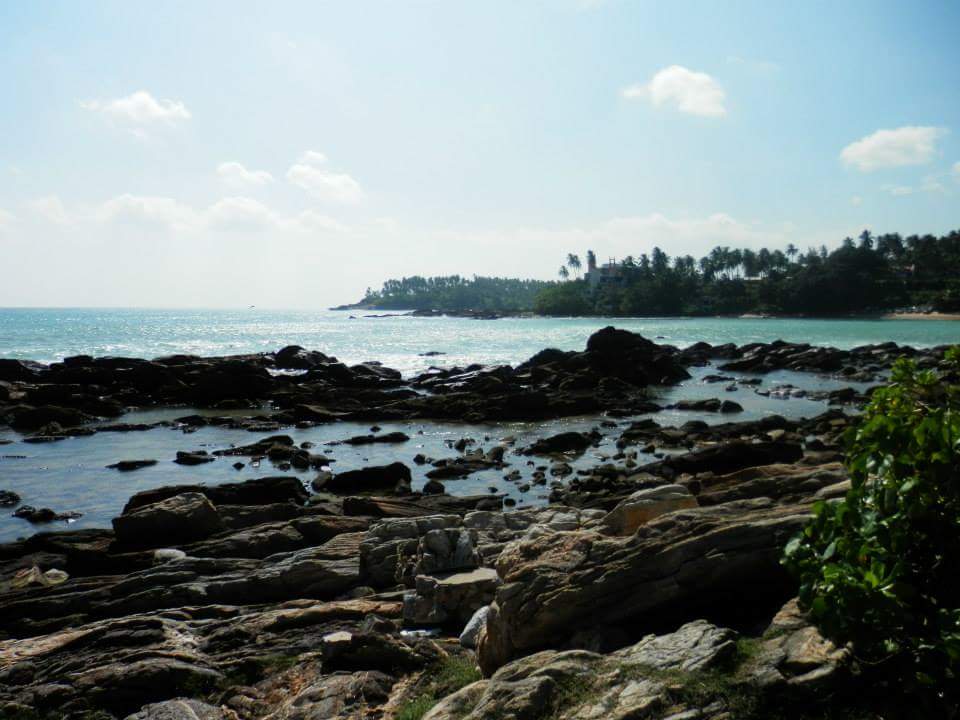Nyongdrol

NYONGDROL
Bhutanese, noun.
Liberation by tasting.
In the mountain forests above Bhutan’s capital city, Thimphu, I sat with my classmates as we learned a series of Buddhist liberations. Thongdrol, liberation by seeing. Thoedrol, liberation by hearing. Regdrol, liberation by touch. Nyongdrol—liberation by tasting, I thought would make the perfect name for a restaurant.
My classmates and I playfully traded menu ideas, though it was clear that this concept had deeper subtlety.
Our day to day experience of food ranged from repetitive to transcendent.
Hopping from fragrant, sonorous temples where monks offered puffed rice, to sidewalk markets with mountains of red and green chilies, to homes where potatoes boiled lazily in loose cheese sauce. The food of the outside world was sharply distinct from that of the college mess hall, where foreign and local students alike groaned over the monotonous and oily food.
But was liberation somewhere in these meals? For me, this idea is still evolving.
A mountain meal in the Haa Valley .
One day, my classmates and I were tasked with decorating a soccer field with pine needles and branches in anticipation of the arrival of the King of Bhutan at the graduation ceremony of Royal Thimphu College.
Despite our attendance there, we were not allowed to witness the ceremony without being granted an audience. An acoustic guitarist performed ‘Take Me Home, Country Roads,’ as we listened to the ceremony with the cafeteria cooks from high on a hill behind the mess hall. We spied through bathroom windows trying to catch a glimpse of the king.
To my surprise, days before our departure from the Bhutanese college in which we studied during the fall, we were granted such an audience, in the form of a feast.
Our Bhutanese roommates helped us dress in our most dapper traditional gho and kira. By this time I could make crisp pleats every other attempt. We took our seats at a table on the lawn of a modest cottage that belonged to the King and Queen. A sprawling canvas tent shielded us from the strong Himalayan sun.
It was November and the engorged glacial rivers slowed as they entered the valleys to mark the end of the monsoon season. The elevation of the mountains cooled the warm sun with a breeze reminiscent of an East Coast fall without the autumn foliage.
Roasted roadside maize.
The King and Queen entered the tent and gracefully circled our table as they took turns greeting and conversing with each attendee. The King, dressed in a black down vest over his gho, looked stately and handsome. The Queen too looked elegant dressed in her kira.
Unlike the immaculate portraits pasted on every plastic-stool laden canteen and living room wall in the Kingdom, when the Queen sat next to me, I noticed acne under her concealer. There was something comforting about that.
The King joshed with our resident professor over his time at Wheaton College. Our professor teased him of his habit of skipping class.
The King and Queen’s servants dished out piles of pancakes, waffles and french toast, an appreciated nod to our homesickness. A day before, we were face-timing our families as they cozied up to candlelit Thanksgiving dinners without us.
We chomped through grapefruit-sized beef momos that were freshly steamed and spilling with fat. To cleanse the palate, we spooned soupy bowls of fermented grains called changkoi. A shallow goblet of warm butter tea served as a digestif. Creamy and savory, with a sweetness redolent of French Vanilla ice cream—such a dreamlike experience had me wondering if this was finally the manifestation of nyongdrol.
Chilies, or ema, in Bhutanese, drying in sunlight.
Instinct tells me that liberation by tasting is not a singular event.
Growing up in an Italian-restaurant family, seven hour meals were the Sunday norm. Food was never a brief affair. It was the reason to carve out half a day to hear your grandfather tell stories about his shoeless childhood.
There is something special, liberating even, about the experience of a long meal. The idea is as salient to me as the tastes of ricotta and braciole lovingly pumped down my childhood’s throat.
Yet, I hadn’t processed it until I left the King’s palace, and Bhutan.
Long after the King’s feast, my classmates and I found a Bhutanese restaurant in New York where we started going for lunch. Around us, Tibetan, Bhutanese and Nepali families would sit for meals, alongside the odd white kid.
Bhutan is a small kingdom, and it wasn’t surprising that Lekay, the former monk who founded the restaurant, recognized us from a Youtube video of our ridiculous talent show dance at Royal Thimphu College. The video played in full volume on the TV as plates of chewy red rice and buckwheat noodles emerged from the kitchen.
As lunch would turn into dinner, this meal has become our all-day affair. We spend time in a space where we feel connected through experience. The trays of potatoes and chillies drowned in mild cheese sauce help us slip into story. As with so many family dinners, holidays, and gatherings with friends, at such meals I forget the flow of time.
Is it the specific flavor and aroma of a meal that conjures nyongdrol? Or is it the length of the table and the time spent where we come together? Somewhere between a royal feast and humble pie. Between salts and fats dovetailing with sweet company.
These meals might be seldom, and perhaps, a tad decadent. But I’ve learned to leave room in my stomach for a little liberation.
ABOUT THE AUTHOR
Michael DiRosa is a New York-based visual artist and educator. After graduating from Bard College, he spent a year in rural China on a Princeton in Asia Teaching Fellowship. In his painting practice Michael works with bold colors and compositions dealing with cultural identity, personal stories, climate and migration. As an artist-in-residence at Lijiang Studio in sunny Yunnan Province he attended a wedding, a funeral, two pig slaughters, and his art opening.
All photos by Michael DiRosa.













